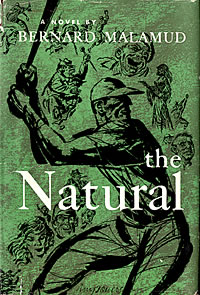
- Image via Wikipedia
With all of the buzz that the 1984 movie based on the book created, it seems that many have forgotten, or just simply ignored the origin of one of the greatest baseball movies of all time. To get the real story, one has to go all of the way back to 1952 and read the novel by Bernard Malamund.
While many are familiar with the movie, the book provides even more detail into the life of the famed Roy Hobbs and his second attempted trip to the big leagues. At times, the time transition shift in the novel is not as clear as it may be on film, but that just adds an interesting mystery to Hobbs that nags the reader throughout the novel.
The book begins with Hobbs traveling to a baseball tryout as the newest and greatest pitcher to ever play the game. On the way there, the train he is riding on stops and he faces Walter Whambold (who at that time in the novel was one of the greatest hitters in the American League). Hobbs makes quick work of Whambold, embarrassing him in front of a woman who they are both trying to woo. At that point, it seems Hobbs is destined for a long, successful, career in the majors, but when he arrives in Chicago for his tryout with the Cubs, he is shot by a supposed serial killer and his dream dies.
With no warning, the book jumps 15 years, leaving the reader attempting to gather their thoughts throughout the next chapter. Somewhere along that decade and a half, Hobbs found himself in the baseball world again, but this time his ticket to fame is his bat. He has arrived in New York City to tryout for a made up National League team called the New York Knights.
The Knights have as their manager, a stereotypical old school baseball man in Pop Fisher who has been around the league for a long time, but has never been able to win the big one. While his character does seem somewhat predictable, he does portray a fatherly figure to whom most can relate.
One constant in the novel is Hobbs’ bat he has called “Wonderboy.” Hobbs made the bat himself and the wood is much lighter than the wood the other players in the league use. At first there is some question as to whether his bat is legal, but it is tested and he is allowed to use it.
Much of the novel shows Hobbs pursuing various women. One of whom goes by the name Memo and is the former significant other of a player named Bump who died from field related injuries shortly after Hobbs joined the team. Hobbs fights with himself throughout the novel as to whether or not he should pursue this woman, but the thoughts consume him and even lead him into a slump and it is his inability to tell her “no” that possibly leads to the overall downfall of his career.
After a few weeks as a steady player in the league, Hobbs has become a sensation in New York. After the city learns that the owner of the team refused to pay him the salary for which he was worth, a Roy Hobbs Day is organized where he received many extravagant items.
As the novel goes on, Malamund presents very realistic player tendencies such as slumps and hot streaks that shed a real light on baseball. The conversations that Hobbs has with his coaches about different facets of life and the game he is in are very believable, especially for the time period.
The life that is depicted outside of baseball for Hobbs seems very realistic as well for a ball player in that time period. While there is no doubt that all generations of ball players have been preoccupied with members of the opposite sex, the depictions of Hobbs’ adventures with these various females provide great insight into the world of ball players that is rarely seen.
While it is obviously a novel, and therefore, not entirely grounded in truth, most of the characters presented throughout the story are believable. Even though some of them fit some stereotypical roles that are used in daily newspaper write ups about a manager or owner, Malamund has honed these stereotypes in such a way that they truly work and many of them could probably be used to depict many baseball personalities of today.
Many of the details of the novel are not shared in this review, because it should be a requirement for any true baseball fan to read this book.
The Grade: 4.5/5
Malamund is a Pulitzer Prize winner and The Natural is available at book stores across the nation for not too much money.
Bill Jordan is a contributor to BaseballReflections.com. He can be reached by e-mail at [email protected].

![Reblog this post [with Zemanta]](http://img.zemanta.com/reblog_e.png?x-id=17e03782-250c-4be7-9f39-166820805807)
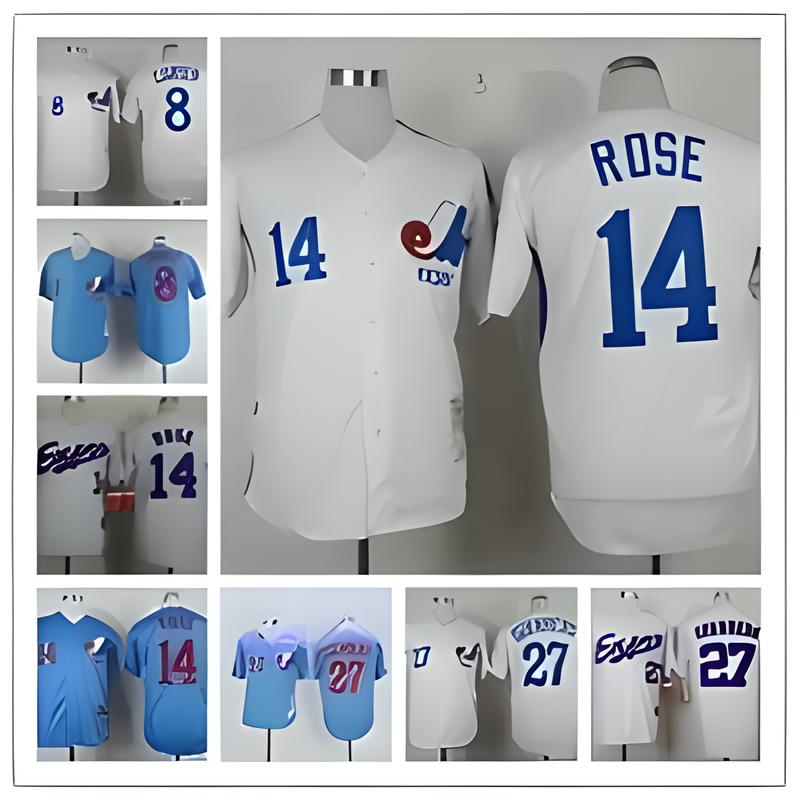

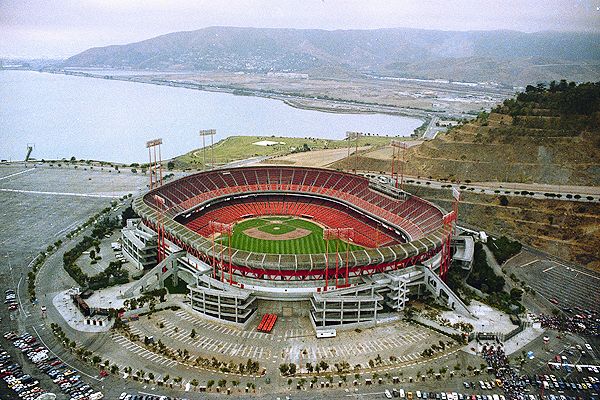
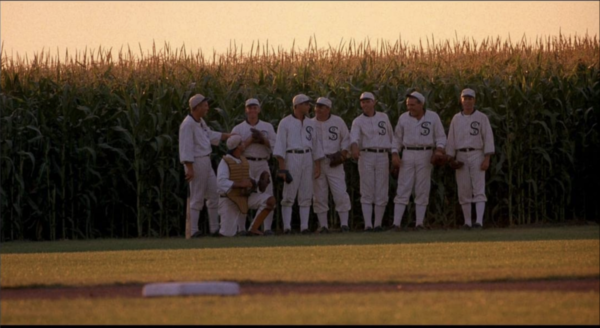

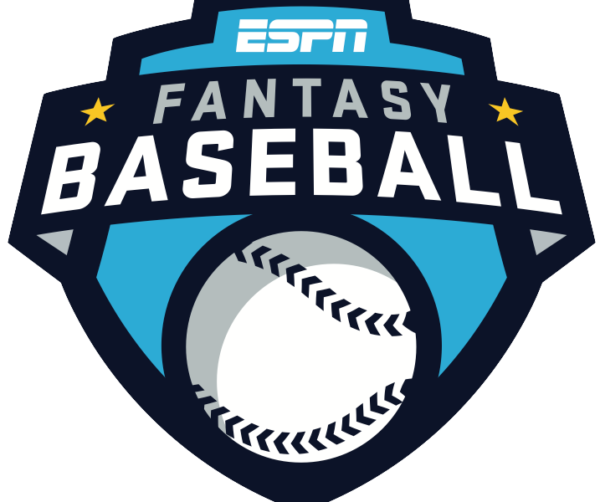
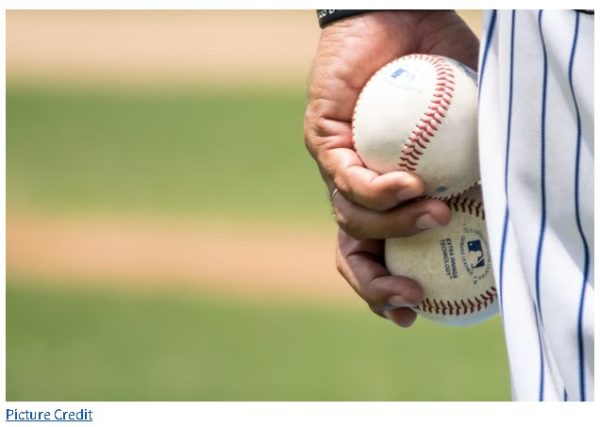
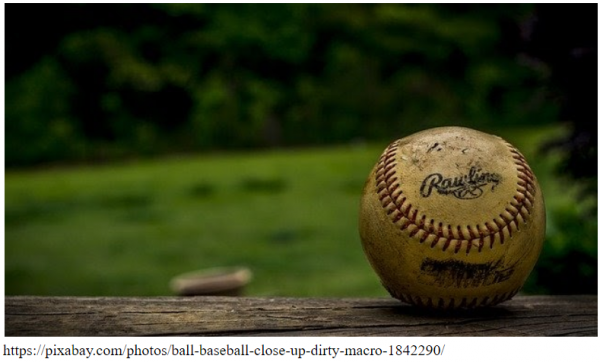

10 Responses
Very good place
🙂
Thanks for the comments. They are much appreciated.
Keep working ,great job!
🙂
Thanks for the comments. If you have read The Natural, please let us know how you liked it.
Please check out BillJordan’s last blog post..License to Deal: A Book Review!
An expert is a person who has made all the mistakes that can be made in a very narrow field.
I read the Natural. It was bad.
good nice know
How could any of this be better satetd? It couldn’t.
Thanks for the kind words Christiane!